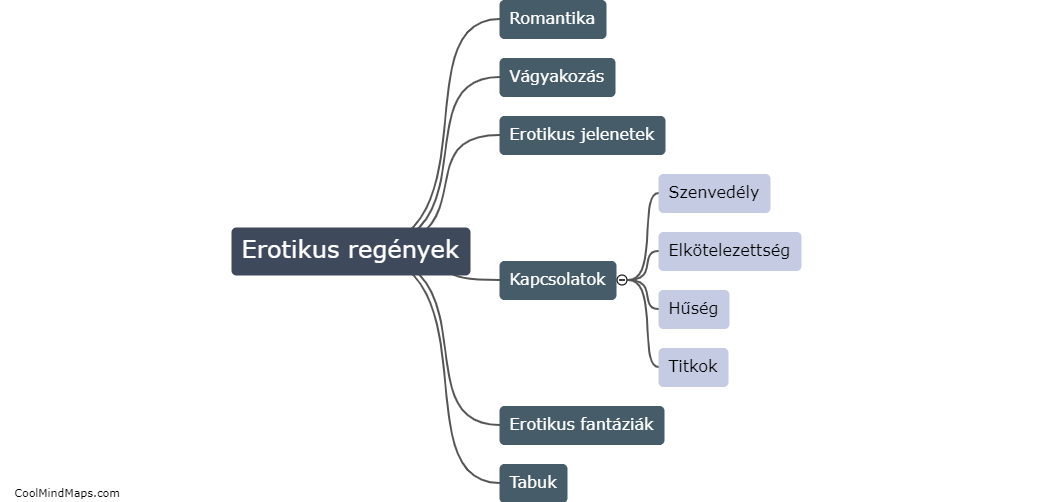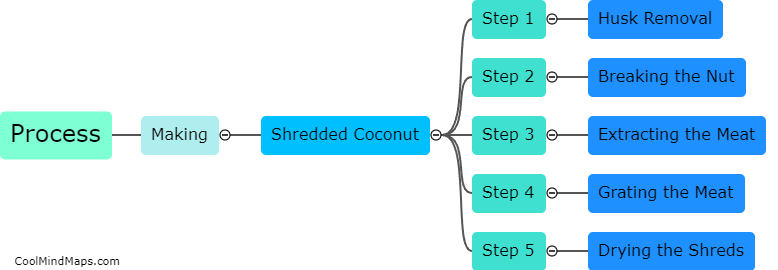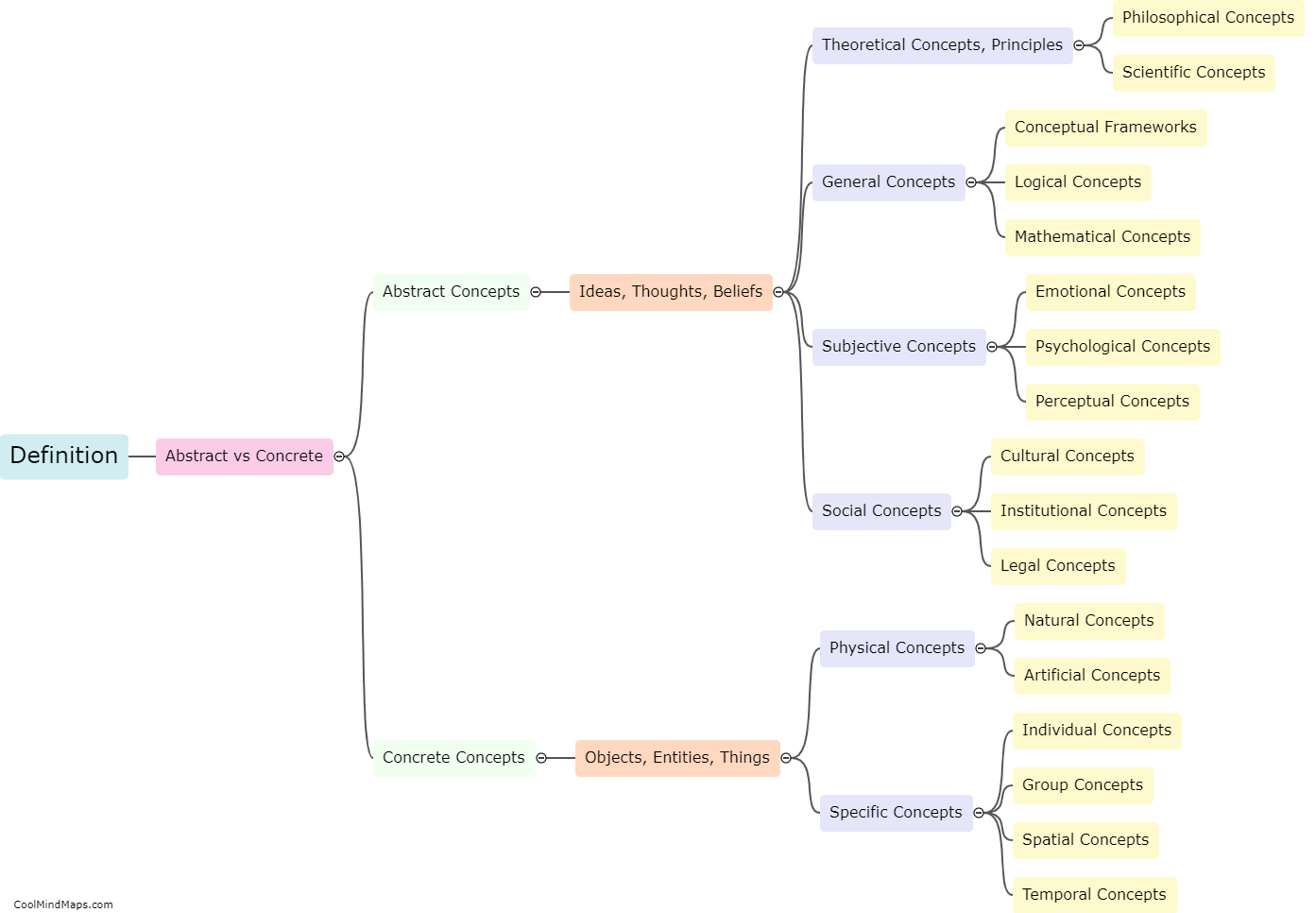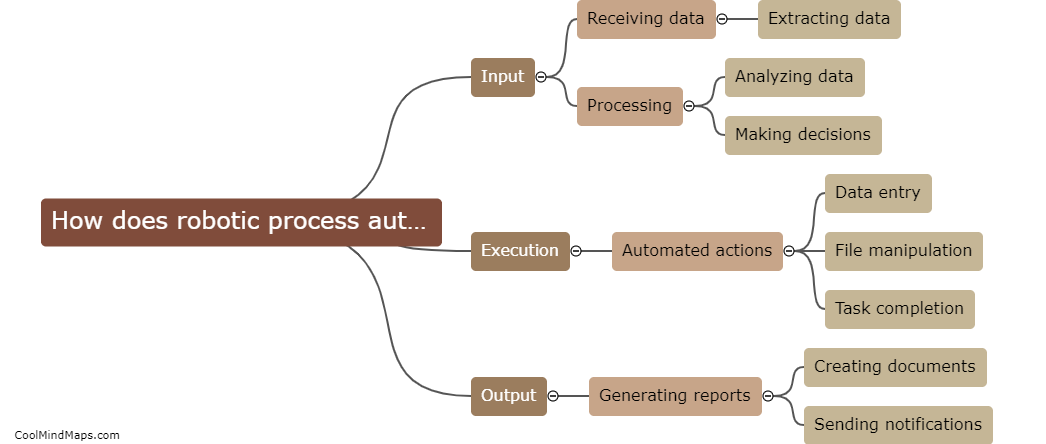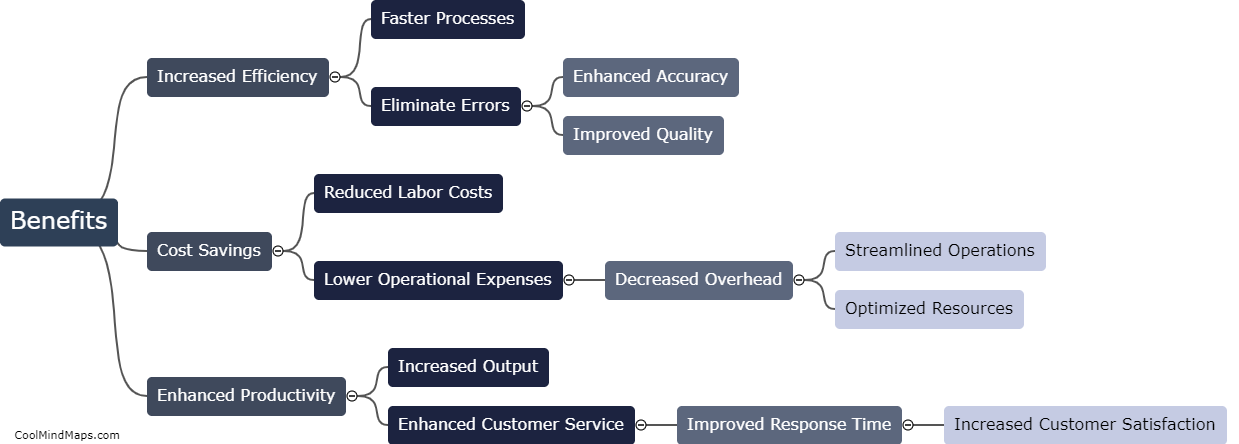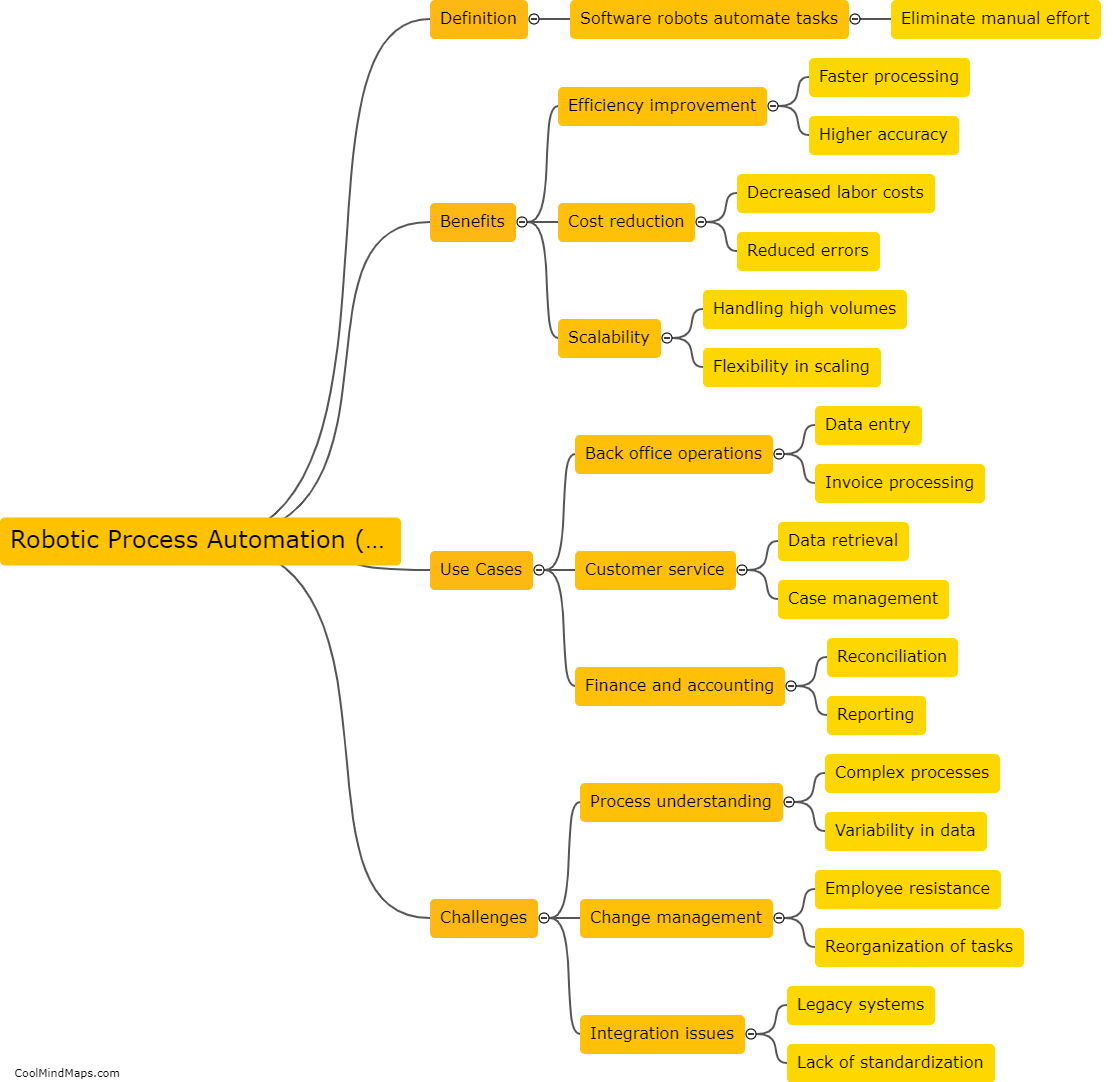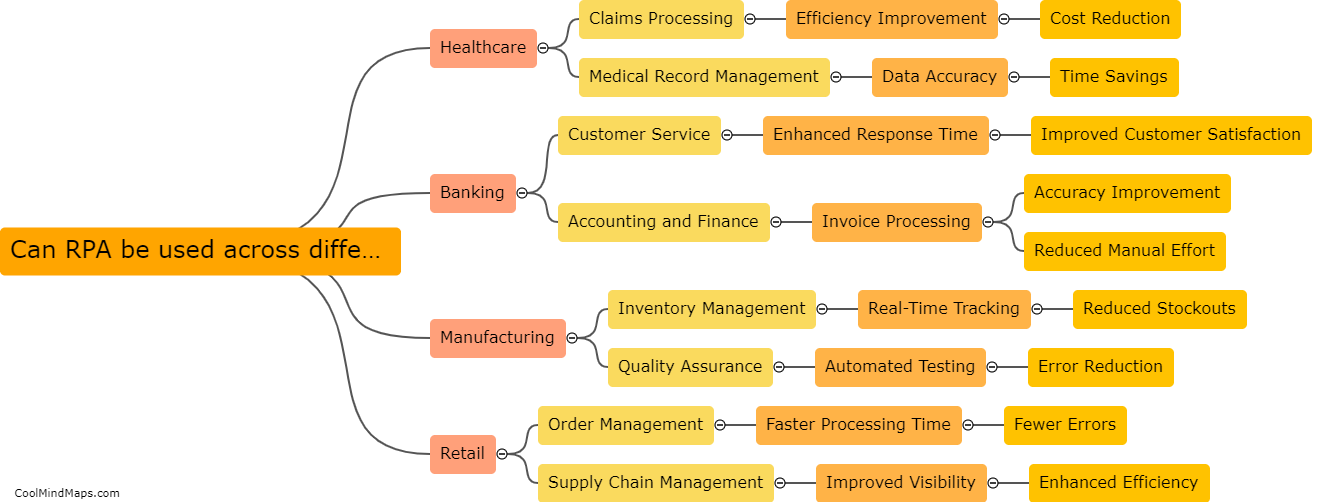What are the challenges of implementing robotic process automation?
Implementing robotic process automation (RPA) can bring numerous benefits to businesses, such as increased efficiency, improved accuracy, and cost reduction. However, it also comes with certain challenges. One major challenge is the complexity of integrating RPA with existing systems and processes, particularly in large and complex organizations where multiple legacy systems may be in place. Ensuring compatibility, data security, and seamless communication between systems can be time-consuming and require significant technical expertise. Furthermore, managing the change associated with RPA implementation is another challenge as it involves cultural shifts, employee resistance, and the need for appropriate training and re-skilling. Additionally, maintaining and updating RPA solutions can be demanding, especially as business processes evolve and software updates become necessary. Therefore, organizations need to carefully plan and address these challenges to successfully implement RPA and fully leverage its benefits.

This mind map was published on 1 August 2023 and has been viewed 105 times.
